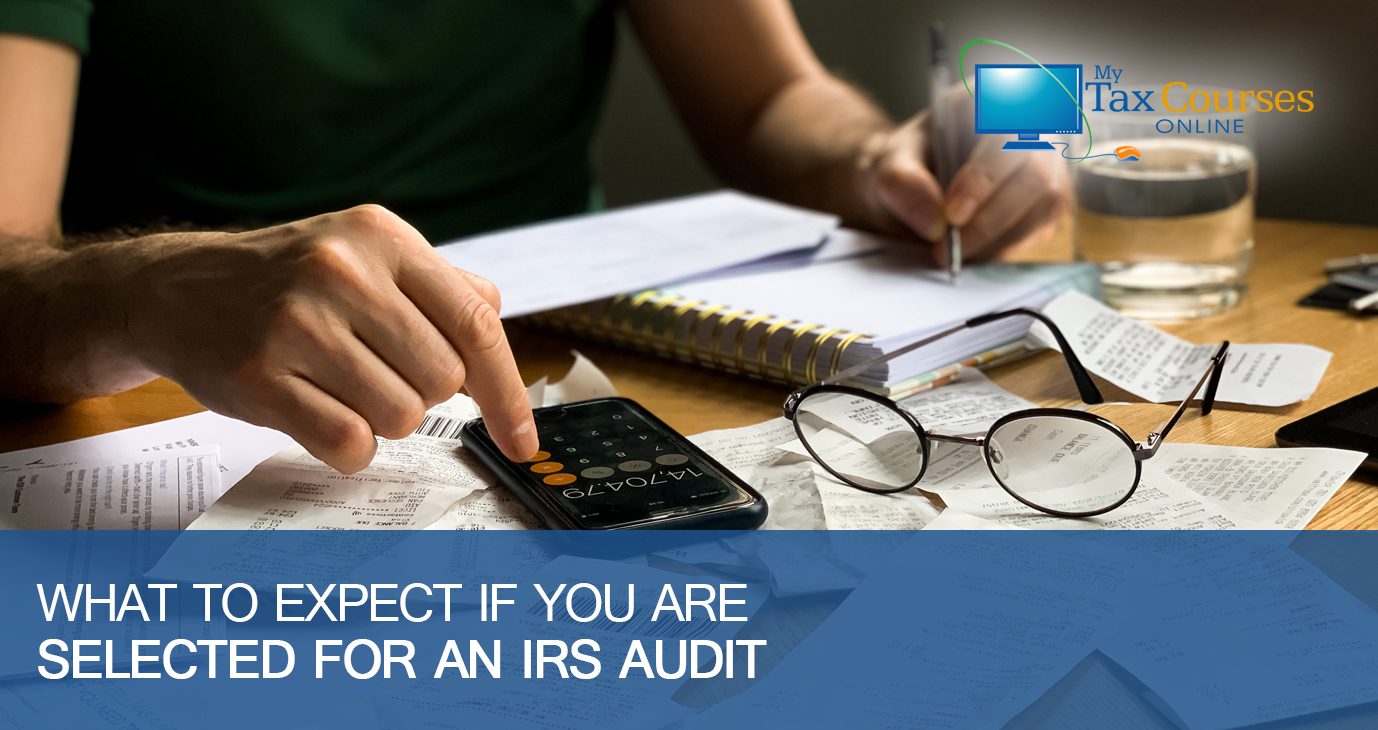If the words IRS and audit come up in a sentence together, you better get yourself prepared. While it isn’t something to fret over, unless you are being financially untruthful, you should consider the importance of your cooperation with the IRS. Here’s what to expect when an audit is conducted and what you need to prepare for.
Selection Process and Notification
When you are selected at random, or for related examinations, the IRS will notify you. They will provide notice through mail, but never by phone or email. This is important to keep in mind with the amount of scams on the rise trying to fish for sensitive information.
Once the process is initiated by mail, you will continue by providing records of your financial information through mail or in-person. If you are selected to provide information through mail but realize you have too many documents or you want to be present, you can request in-person review instead.
What Do You Need to Provide?
The IRS will provide you with a list of documents they need to review. Things like bills, receipts, canceled checks, loan agreements, insurance claim records, and employee documents are all subject to be reviewed. While they might not ask you to provide all of these, they may request most, so it’s important to keep a good record. You can find the full list of documents that could be reviewed here.
Generally speaking, an audit can vary in length of time it will take to review your case. It could be days, weeks, or months long depending on the complexity and nature of the review. Once the audit concludes, the IRS will provide you the option to accept or deny the findings they’ve made, or consider your audit as a “no change” audit.No matter the outcome of your audit experience with the IRS, it’s important to remember to stay truthful and have the information available to back you up. If you need to sharpen up your knowledge on taxes and business best practices, check out the different courses we offer.




